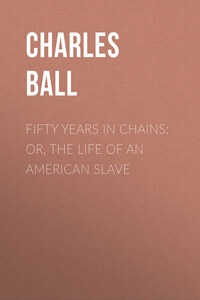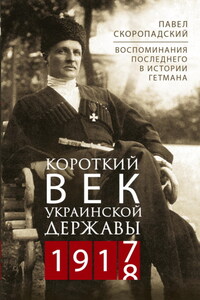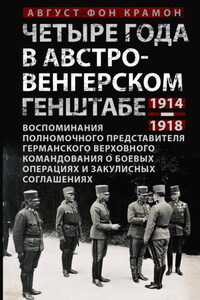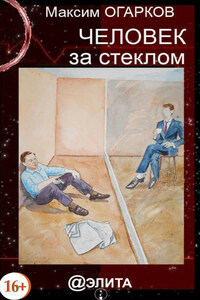SEPARATED FROM MY MOTHER
My story is a true one, and I shall tell it in a simple style. It will be merely a recital of my life as a slave in the Southern States of the Union – a description of negro slavery in the "model Republic."
My grandfather was brought from Africa and sold as a slave in Calvert county, in Maryland. I never understood the name of the ship in which he was imported, nor the name of the planter who bought him on his arrival, but at the time I knew him he was a slave in a family called Maud, who resided near Leonardtown. My father was a slave in a family named Hauty, living near the same place. My mother was the slave of a tobacco planter, who died when I was about four years old. My mother had several children, and they were sold upon master's death to separate purchasers. She was sold, my father told me, to a Georgia trader. I, of all her children, was the only one left in Maryland. When sold I was naked, never having had on clothes in my life, but my new master gave me a child's frock, belonging to one of his own children. After he had purchased me, he dressed me in this garment, took me before him on his horse, and started home; but my poor mother, when she saw me leaving her for the last time, ran after me, took me down from the horse, clasped me in her arms, and wept loudly and bitterly over me. My master seemed to pity her, and endeavored to soothe her distress by telling her that he would be a good master to me, and that I should not want anything. She then, still holding me in her arms, walked along the road beside the horse as he moved slowly, and earnestly and imploringly besought my master to buy her and the rest of her children, and not permit them to be carried away by the negro buyers; but whilst thus entreating him to save her and her family, the slave-driver, who had first bought her, came running in pursuit of her with a raw-hide in his hand. When he overtook us, he told her he was her master now, and ordered her to give that little negro to its owner, and come back with him.
My mother then turned to him and cried, "Oh, master, do not take me from my child!" Without making any reply, he gave her two or three heavy blows on the shoulders with his raw-hide, snatched me from her arms, handed me to my master, and seizing her by one arm, dragged her back towards the place of sale. My master then quickened the pace of his horse; and as we advanced, the cries of my poor parent became more and more indistinct – at length they died away in the distance, and I never again heard the voice of my poor mother. Young as I was, the horrors of that day sank deeply into my heart, and even at this time, though half a century has elapsed, the terrors of the scene return with painful vividness upon my memory. Frightened at the sight of the cruelties inflicted upon my poor mother, I forgot my own sorrows at parting from her and clung to my new master, as an angel and a saviour, when compared with the hardened fiend into whose power she had fallen. She had been a kind and good mother to me; had warmed me in her bosom in the cold nights of winter; and had often divided the scanty pittance of food allowed her by her mistress, between my brothers, and sisters, and me, and gone supperless to bed herself. Whatever victuals she could obtain beyond the coarse food, salt fish and corn bread, allowed to slaves on the Patuxent and Potomac rivers, she carefully distributed among her children, and treated us with all the tenderness which her own miserable condition would permit. I have no doubt that she was chained and driven to Carolina, and toiled out the residue of a forlorn and famished existence in the rice swamps, or indigo fields of the South.
My father never recovered from the effects of the shock, which this sudden and overwhelming ruin of his family gave him. He had formerly been of a gay, social temper, and when he came to see us on a Saturday night, he always brought us some little present, such as the means of a poor slave would allow – apples, melons, sweet potatoes, or, if he could procure nothing else, a little parched corn, which tasted better in our cabin, because he had brought it.
He spent the greater part of the time, which his master permitted him to pass with us, in relating such stories as he had learned from his companions, or in singing the rude songs common amongst the slaves of Maryland and Virginia. After this time I never heard him laugh heartily, or sing a song. He became gloomy and morose in his temper, to all but me; and spent nearly all his leisure time with my grandfather, who claimed kindred with some royal family in Africa, and had been a great warrior in his native country. The master of my father was a hard, penurious man, and so exceedingly avaricious, that he scarcely allowed himself the common conveniences of life. A stranger to sensibility, he was incapable of tracing the change in the temper and deportment of my father, to its true cause; but attributed it to a sullen discontent with his condition as a slave, and a desire to abandon his service, and seek his liberty by escaping to some of the free States. To prevent the perpetration of this suspected crime of








